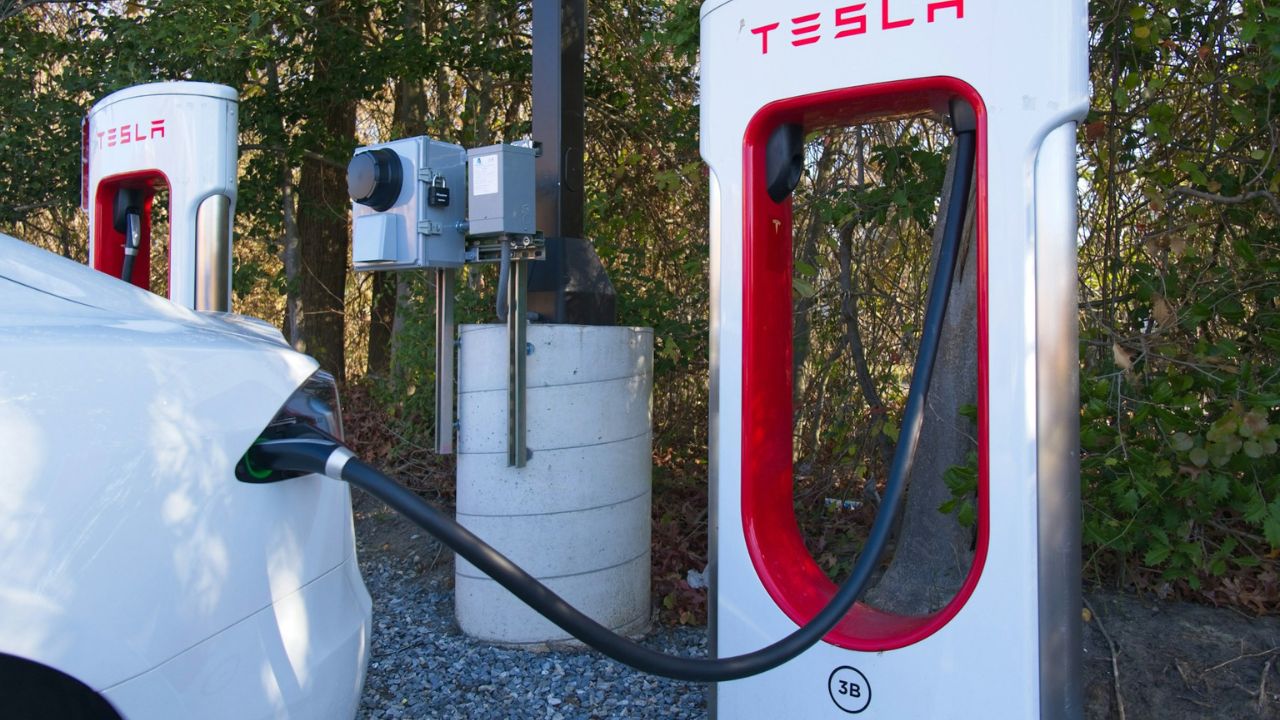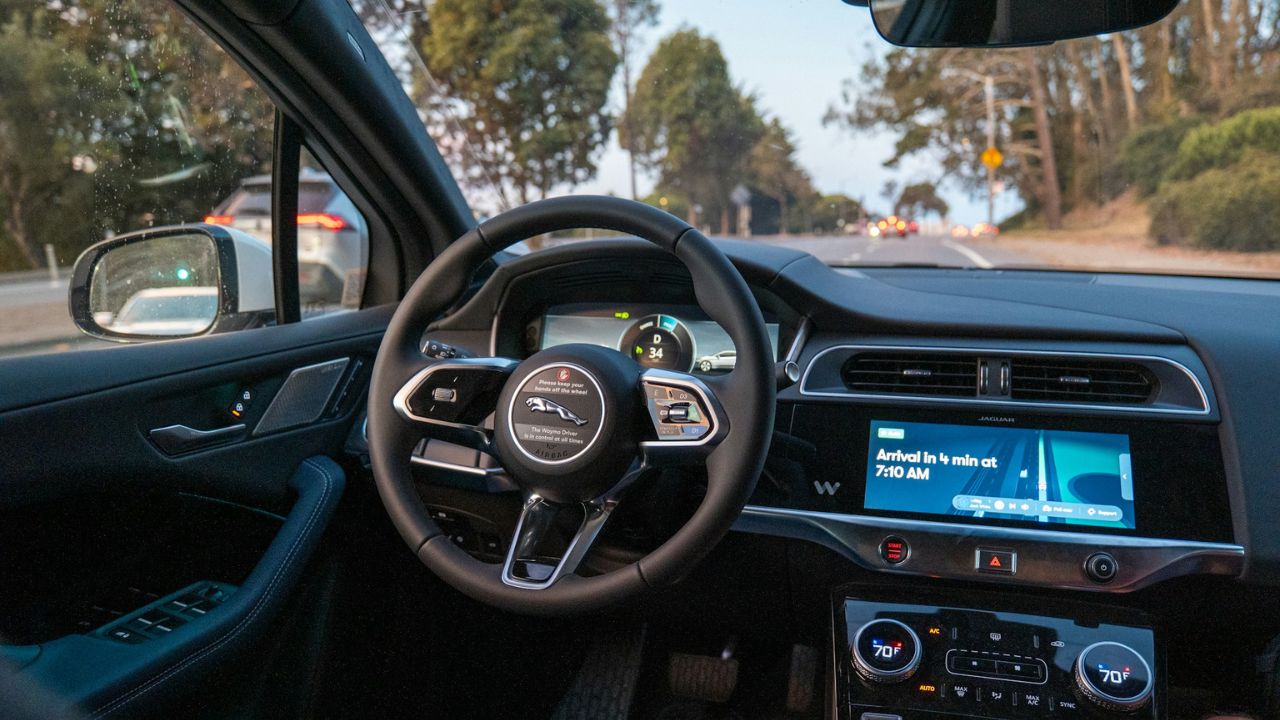The automobile revolutionized the way people travel, fundamentally transforming tourism into a more flexible and accessible pursuit. Cars have impacted travel destinations, boosted local economies, and facilitated cultural exchange. As vehicles continue to evolve, so too does their role in shaping modern tourism.
The Rise of Road Trips

The introduction of affordable automobiles in the early 20th century marked the beginning of a new era in travel. Cars like the Ford Model T enabled families to embark on road trips, a form of travel that offered unprecedented freedom. The allure of the open road quickly captured the public’s imagination, leading to the rise of iconic routes. For example, Route 66 in the United States became a symbol of American adventure, while Australia’s Great Ocean Road offered stunning coastal vistas that attract millions annually.
Road trips have democratized travel by making once-inaccessible destinations reachable. With a car, tourists can explore remote areas at their own pace, stopping whenever they see something interesting. This flexibility has not only opened up rural areas to tourism but also encouraged people to appreciate the diverse landscapes and cultures within their own countries. The sense of exploration and discovery that road trips offer continues to make them a popular choice for travelers worldwide.
Impact on Local Economies

Car-based tourism has played a crucial role in boosting the economies of small towns and rural areas. As travelers journey through these regions, they contribute to local economies by spending on accommodations, dining, and entertainment. The development of infrastructure such as motels, diners, and gas stations has been essential to support car-based tourism, creating jobs and stimulating economic growth in these communities.
Seasonal tourism, driven by road-traveling visitors, can have significant economic implications for regions that rely on these travelers. For instance, towns along popular routes often experience a surge in business during peak travel seasons. However, this dependency can also present challenges, as fluctuations in tourist numbers can affect local businesses and employment. Nevertheless, for many areas, the benefits of car-based tourism in terms of revenue and job creation outweigh the potential drawbacks.
Environmental Considerations

The environmental footprint of car-based tourism is a growing concern, with vehicles contributing to carbon emissions and other pollutants. While road trips offer personal freedom and access to diverse destinations, they also come with environmental costs that cannot be ignored. Addressing these concerns requires a shift towards more sustainable tourism practices and innovations in vehicle technology.
Eco-friendly vehicles, such as electric cars and hybrids, have the potential to reduce the environmental impact of car-based travel. Companies like Tesla and Toyota are at the forefront of this movement, offering models that prioritize efficiency and sustainability. Additionally, initiatives that promote carpooling and the use of public transportation can further mitigate environmental impacts. As the tourism industry continues to evolve, embracing these sustainable practices will be essential to balancing the benefits of car-based travel with the need to protect our planet.
Cultural Exchange and Accessibility

Cars are not just vehicles for transportation; they are facilitators of cultural exchange. By providing access to diverse regions and communities, cars enable travelers to engage with different cultures and traditions. This interaction fosters understanding and appreciation, contributing to the preservation of cultural heritage. However, it is crucial to balance accessibility with cultural integrity, ensuring that tourism does not inadvertently harm the communities it aims to celebrate.
Car travel also plays a vital role in promoting inclusive tourism. For individuals with disabilities, cars offer the ability to explore destinations independently, free from the constraints of public transportation. Companies like BraunAbility and VMI have developed vehicles and modifications to enhance accessibility, enabling more people to participate in tourism. By making travel more inclusive, the tourism industry can ensure that everyone has the opportunity to experience the world’s diverse landscapes and cultures.
The Future of Car-Based Tourism

As technology continues to advance, the future of car-based tourism is set to undergo significant changes. Autonomous vehicles, once the stuff of science fiction, are becoming a reality, with companies like Waymo and Tesla leading the charge. The introduction of self-driving cars could revolutionize the tourism industry, offering new levels of convenience and accessibility for travelers. These vehicles could provide personalized tours, allowing passengers to relax and enjoy the scenery without the need to focus on driving.
Emerging trends in car-sharing and ride-hailing services also have implications for traditional car-based travel. Platforms like Uber and Lyft offer flexible transportation options that can complement or even replace car ownership for some travelers. This shift towards shared mobility may reduce the number of vehicles on the road, alleviating traffic congestion and reducing environmental impacts. As consumer preferences continue to evolve, the tourism industry will need to adapt to these changes, embracing new technologies and service models to meet the demands of modern travelers.
Like Fast Lane Only’s content? Be sure to follow us.
Here’s more from us:
*Created with AI assistance and editor review.







Leave a Reply